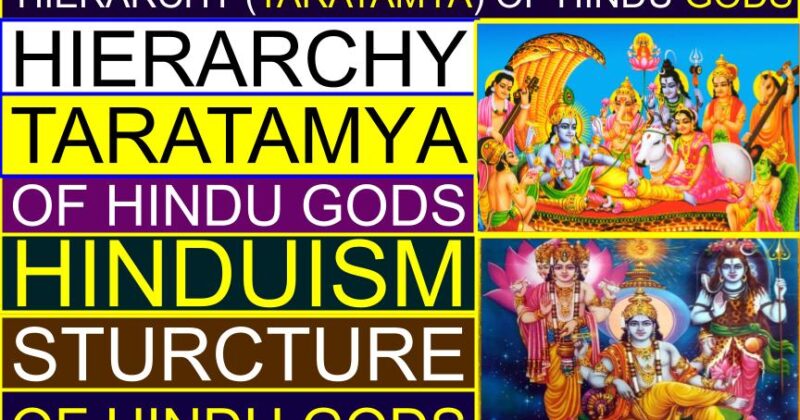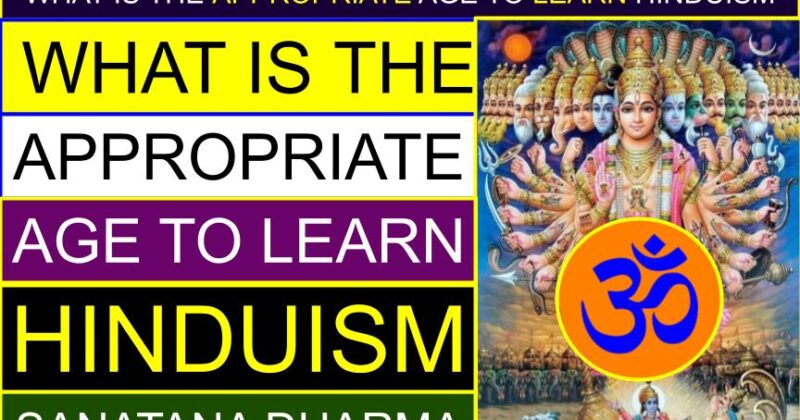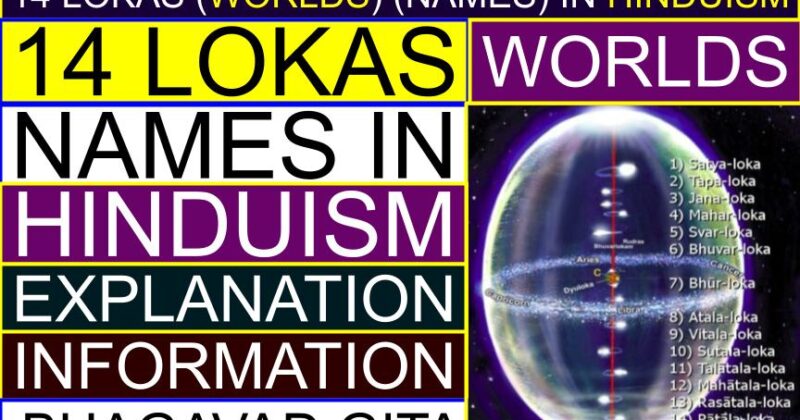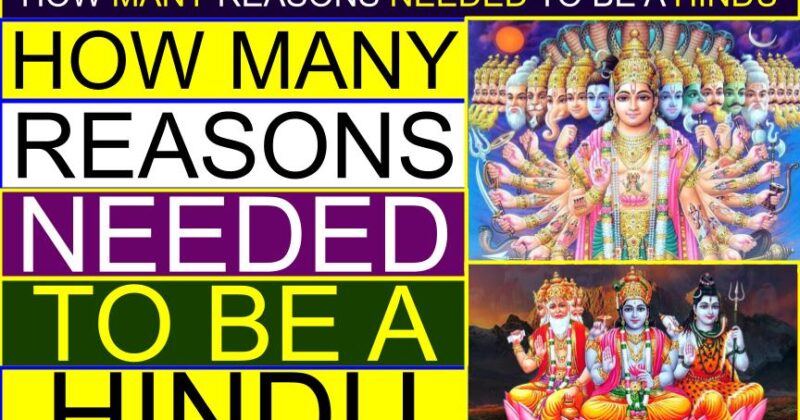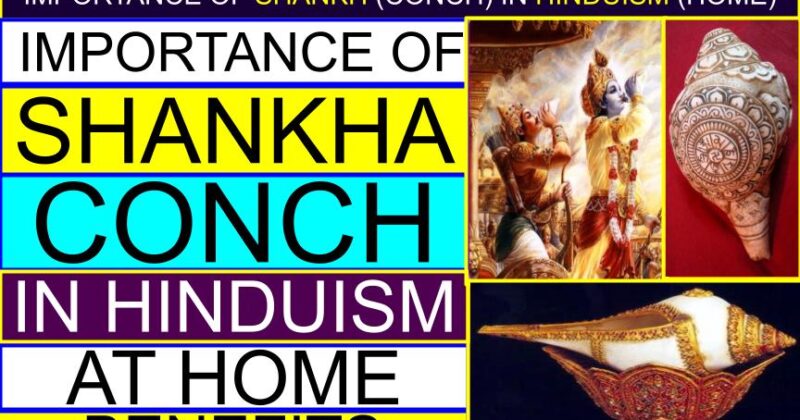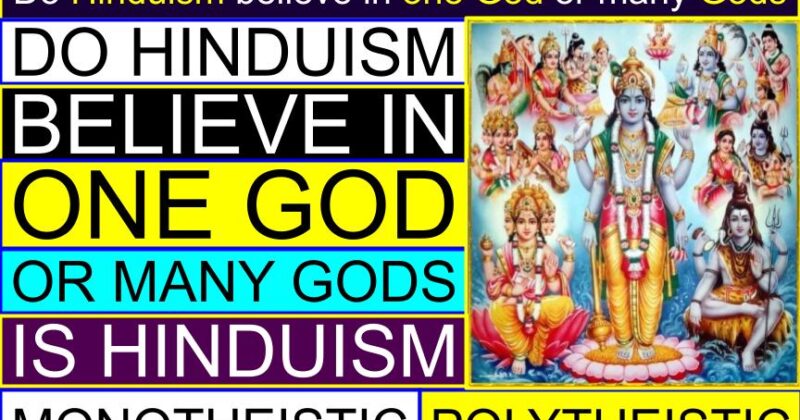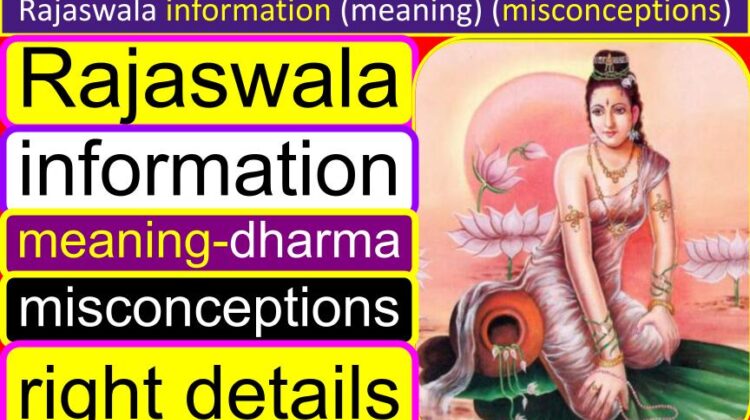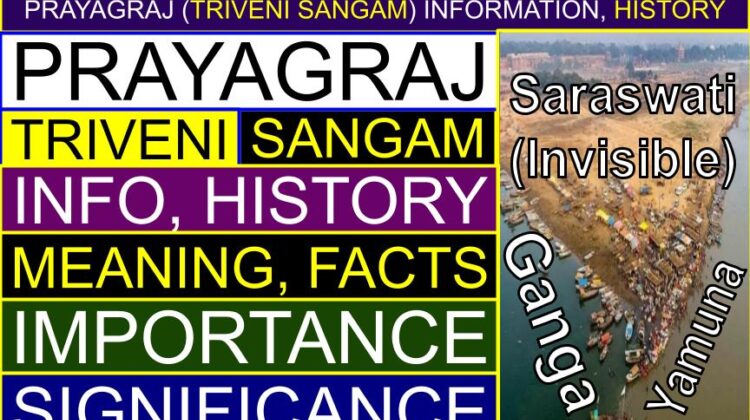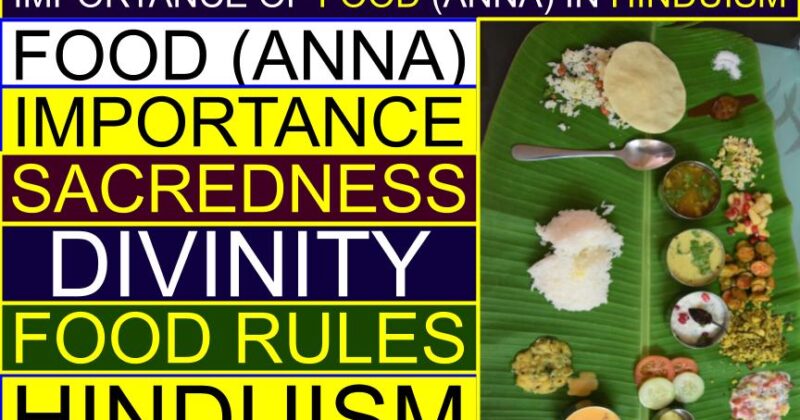
Food (Anna) Importance in Hinduism (Bhagavad Gita Examples) | What does Hinduism say about food? | What is the sacred food of Hinduism? | Why is food important in Indian mythology? | What are the food rules for Hinduism?
Importance of Food (anna) in Hinduism (Bhagavad Gita Examples) | What does Hinduism say about food? | What is the sacred food of Hinduism? | Why is food important in Indian mythology? | What are the food rules for Hinduism?
Namaste friends, how are you doing today? Welcome to #BhagavanBhakthi website / blog.
Bhagavan Lord Sri Vishnu (Krishna, Rama, Trivikrama, Narasimha, Vamana, Vasudeva, Mukunda) and Goddess Lakshmi (Rukmini, Satyabhama, Sita, Kamala, Maya) blessings to you and your family!
In this website / blog, you will always learn about #Hinduism #Sanskrit language.
Also subscribe to my YouTube channel from this link #BhagavanBhakthi to view videos about #Hinduism #Sanskrit language.
Just before going to "Importance of Food (Anna) in Hinduism (Bhagavad Gita Examples) | What does Hinduism say about food? | What is the sacred food of Hinduism? | Why is food important in Indian mythology? | What are the food rules for Hinduism?", let us have a brief some brief information.
अन्न / ಅನ್ನ /...

